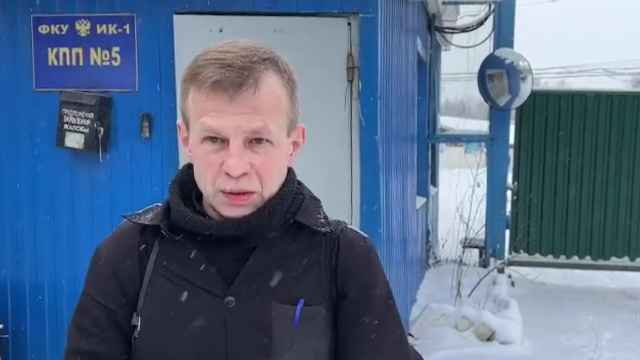Foreign Minister Sergei Lavrov met with his Estonian counterpart Urmas Paet in Moscow to sign the deal, which must still be ratified by the parliaments of both countries.
A similar agreement in 2005 was shelved by Russia because Estonian lawmakers added a preamble referring to the Baltic country's independence from 1918 to 1940 and its Soviet occupations — from 1940 to 1941 and from 1944 to 1991 — which Russia said would be unacceptable to its parliament.
Relations between Moscow and Tallinn have been lukewarm since the 1991 collapse of the Soviet Union. Russia has bristled against what it sees as Estonia's unfair treatment of the 25 percent of its population that is ethnically Russian, arguing that Russian speakers are discriminated against in schools and in acquiring citizenship.
Lavrov emphasized those issues but still hailed the agreement as an "important step, rather than a pure formality." Paet noted a visit by Lavrov to Estonia later this year — the first-ever from a Russian foreign minister.
"I do not think that between neighbors we should have such long pauses [between meetings], because we must talk about difficult issues," said Paet.
Estonian Prime Minister Andrus Ansip, who has softened his tone toward Russia in recent years, celebrated the move as a "strategic and far-reaching decision."
A Message from The Moscow Times:
Dear readers,
We are facing unprecedented challenges. Russia's Prosecutor General's Office has designated The Moscow Times as an "undesirable" organization, criminalizing our work and putting our staff at risk of prosecution. This follows our earlier unjust labeling as a "foreign agent."
These actions are direct attempts to silence independent journalism in Russia. The authorities claim our work "discredits the decisions of the Russian leadership." We see things differently: we strive to provide accurate, unbiased reporting on Russia.
We, the journalists of The Moscow Times, refuse to be silenced. But to continue our work, we need your help.
Your support, no matter how small, makes a world of difference. If you can, please support us monthly starting from just $2. It's quick to set up, and every contribution makes a significant impact.
By supporting The Moscow Times, you're defending open, independent journalism in the face of repression. Thank you for standing with us.
Remind me later.





